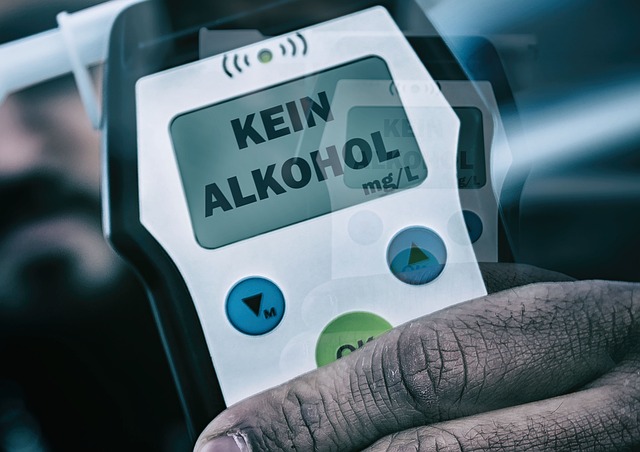Rural communities face unique DUI challenges due to limited public transportation, high drinking establishment density, and lower emergency response capabilities. With stretched law enforcement resources, effective strategies include community engagement, responsible drinking education, designated driver programs, strict penalties, and promoting ride-sharing services. Enhancing driver accountability through background checks, training, and technology monitoring, coupled with clear reporting mechanisms for passengers, significantly contributes to Rural Community DUI Prevention.
In rural communities, addressing DUI prevention poses unique challenges due to limited access to public transportation and higher rates of alcohol-impaired driving. This article delves into the critical issue of ride-sharing driver accountability as a strategy to mitigate these challenges. We explore effective approaches to enhance passenger safety by ensuring ride-sharing drivers adhere to responsible practices, ultimately contributing to safer rural community DUI prevention efforts.
- Understanding Rural Community DUI Prevention Challenges
- Strategies for Enhancing Ride-Sharing Driver Accountability in Addressing DUI Prevention
Understanding Rural Community DUI Prevention Challenges

Rural communities often face unique challenges when it comes to DUI (Driving Under the Influence) prevention, driven largely by factors such as limited access to public transportation and a higher density of bars or drinking establishments compared to urban areas. With fewer options for alternative rides, individuals in rural settings might rely more heavily on personal vehicles, even after consuming alcohol. This increases the risk of impaired driving, which can have devastating consequences in areas with lower population densities and less robust emergency response systems.
Moreover, law enforcement efforts in rural communities may be stretched thin due to smaller budgets and fewer officers, making it harder to effectively patrol and deter DUI incidents. To address these challenges, community engagement and education are crucial. Encouraging responsible drinking habits, promoting designated driver programs, and implementing strict penalties for DUI offenses can help create a safer environment. Additionally, ride-sharing services play a pivotal role in providing safe transportation alternatives in rural areas, offering a promising solution to mitigate the impact of Rural Community DUI Prevention.
Strategies for Enhancing Ride-Sharing Driver Accountability in Addressing DUI Prevention

In rural communities, where access to public transportation may be limited, ride-sharing services play a vital role in ensuring safety and reducing drunk driving incidents. Enhancing driver accountability is a key strategy in addressing Rural Community DUI Prevention. One effective approach is implementing robust background check procedures, including verifying drivers’ licenses and criminal records. Regular training sessions on DUI recognition and responsible driving practices can empower drivers to identify potential impaired passengers and make safe decisions.
Moreover, technology can be leveraged to monitor driver behavior. Ride-sharing platforms should incorporate features that track speeding, abrupt maneuvers, and long stop times, which could indicate drunk driving. Real-time communication between dispatchers and drivers can facilitate quick responses when concerns arise. Additionally, establishing clear reporting mechanisms for passengers to flag suspicious behavior can further improve accountability, ultimately contributing to the overall goal of Rural Community DUI Prevention.
In addressing the complex issue of Rural Community DUI Prevention, ride-sharing services play a pivotal role. By implementing robust strategies for enhancing Ride-Sharing Driver Accountability, we can significantly reduce drinking and driving risks in these areas. Through stricter background checks, regular training, and innovative technology, ride-sharing companies can ensure their drivers adhere to safety protocols, providing much-needed alternatives to impaired individuals. This proactive approach not only saves lives but also contributes to building safer, healthier rural communities.






